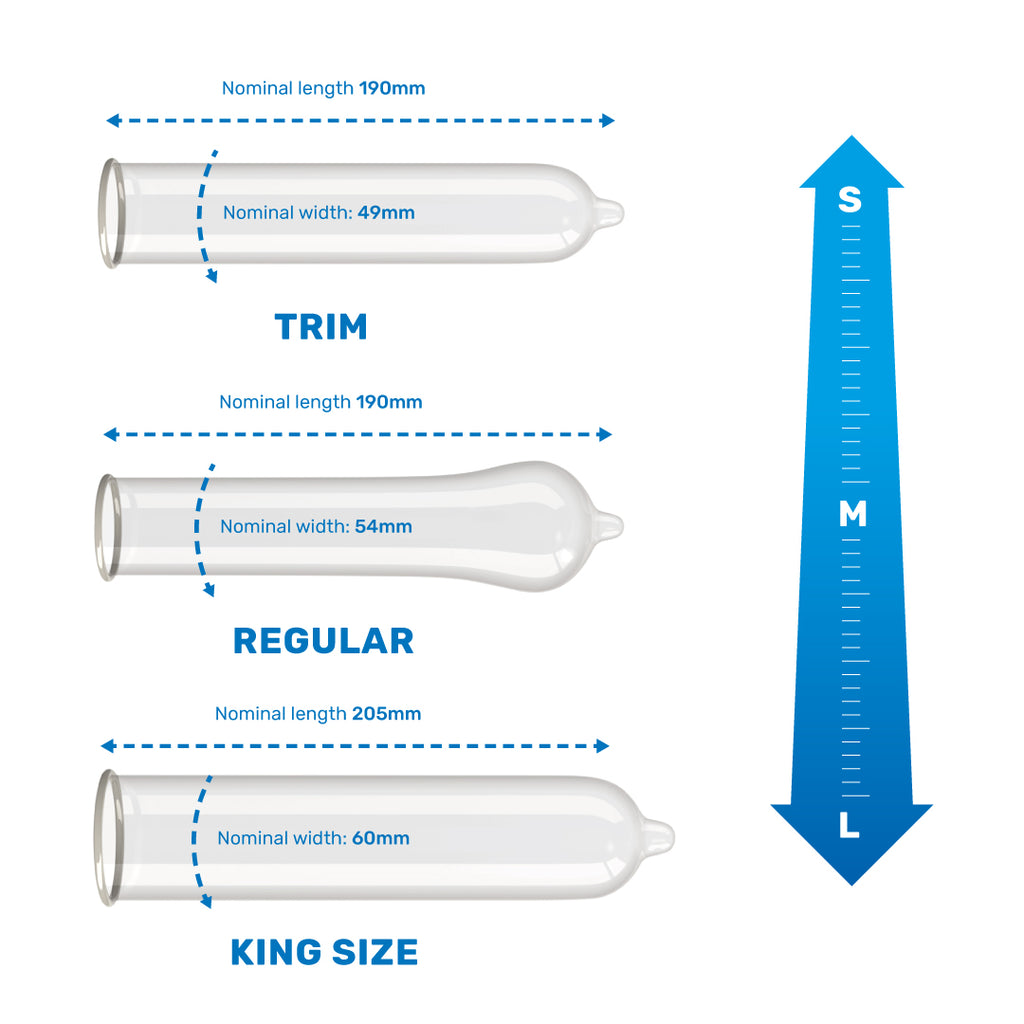
STIQ Day: stay alert, control the virus, save sex-lives
On the 14th January 2020, the UK will come together to celebrate STIQ day. A whole day dedicated to raising awareness of sexual health while encouraging regular screening. This day has been cleverly chosen as it falls two weeks directly after the festive period. This is because it can take some sexually transmitted infections (STI’s) up to two weeks to be detectable.
So if you’ve had unprotected sex over the holidays, now’s the time to get tested. Having a sexual health screen is free and easy and can be carried out at your local sexual health clinic or GP surgery. With Valentine's day a month away, it’s the perfect time to make sure you’re infection-free.
Let’s find out more about sexually transmitted infections and why it’s important to get tested this STIQ day.
What are sexually transmitted infections?

A sexually-transmitted infection (STI), is caused by an infection that is passed on through unprotected sex. STI’s are passed on through vaginal, oral, anal, foreplay, skin-to-skin contact and sharing sex toys. You don’t always know you have a sexually transmitted infection as sometimes they don’t show any symptoms. If you do have symptoms of an STI, they can range from unusual discharge, rash, soreness, pain when having sex or any obvious lumps and bumps. Most sexually transmitted infections can be treated, however without treatment they can lead to long-term health problems. The best way to protect yourself from catching an STI is to wear a condom or dam every time you have oral sex or sexual intercourse.
Do I need an STI test?
If you’ve answered yes to any of the questions above, then yes, it would be a good idea to get tested. We recommend getting tested after every new partner, especially if you’ve had unprotected sex or have symptoms.
Why is it important to get tested this STIQ day?
Some sexually transmitted infections can cause long-term health conditions like chronic pelvic pain or infertility. You don’t always know if you have an STI as some sexually transmitted infections have no symptoms which is why it’s always good to have regular sexual health screening. What if I have a sexually transmitted infection? It’s better for an STI to be picked up sooner than later so you can begin treatment right away.
What are the four most common STI’s?
Chlamydia
Chlamydia is a bacterial infection known as Chlamydia trachomatis. Chlamydia lives either in the uterus, the cervix, the urethra (the tube where urine comes out), the rectum and occasionally in the eyes and throat. If left untreated, it can lead to pelvic inflammatory disease, inflammation of the testicles or infertility.
Gonorrhoea
Gonorrhoea is caused by a bacteria called Neisseria gonorrhoeae. Around half of women and 1 in 10 men won’t have any signs of gonorrhoea but if you do get symptoms, they tend to happen within 14 days of being exposed to the infection but they can occur many months later.
Syphilis
Syphilis is caused by a bacteria called Treponema pallidum that causes infected sores, blisters or ulcers on your genitals, anus or mouth. The infection can develop in three separate stages - early (primary and secondary syphilis), latent and the late stage so it can sometimes be hard to recognise the symptoms of this infection.
Herpes
Genital herpes is caused by one of the herpes complex viruses (there are two). Herpes complex virus is very common and most people with genital herpes won’t even know that they have the virus. Symptoms tend to appear between 2-14 days of being exposed to the virus but it can stay dormant in your body for weeks, months and even years. Even though the symptoms disappear, the virus will stay in your body and further outbreaks may appear at a later date.
How do I protect myself from sexually transmitted infections?

Condoms reduce the risk of catching sexually transmitted infections by preventing any sexual fluids from being transferred. By using a condom (or dam) every time you have vaginal, anal or oral sex reduces the risk of contracting an STI. We have a wide variety of condoms available from regular, king, super-king or trim as well as flavoured and fun condoms so there’s plenty of variety available. Unsure which condom to choose? Open this link 'in a new window' here ‘What type of condom should I buy?’
As well as ensuring you or your partner wear condoms, getting a sexual health screen on a regular basis (we recommend annually or on change of a sexual partner) will help reduce the risk of catching and passing the infection on.
Remember this STIQ day:
Stay alert
Do you have symptoms of an STI?
Control the virus
Have regular sexual health screens
Save sex-lives
Always wear a condom.





